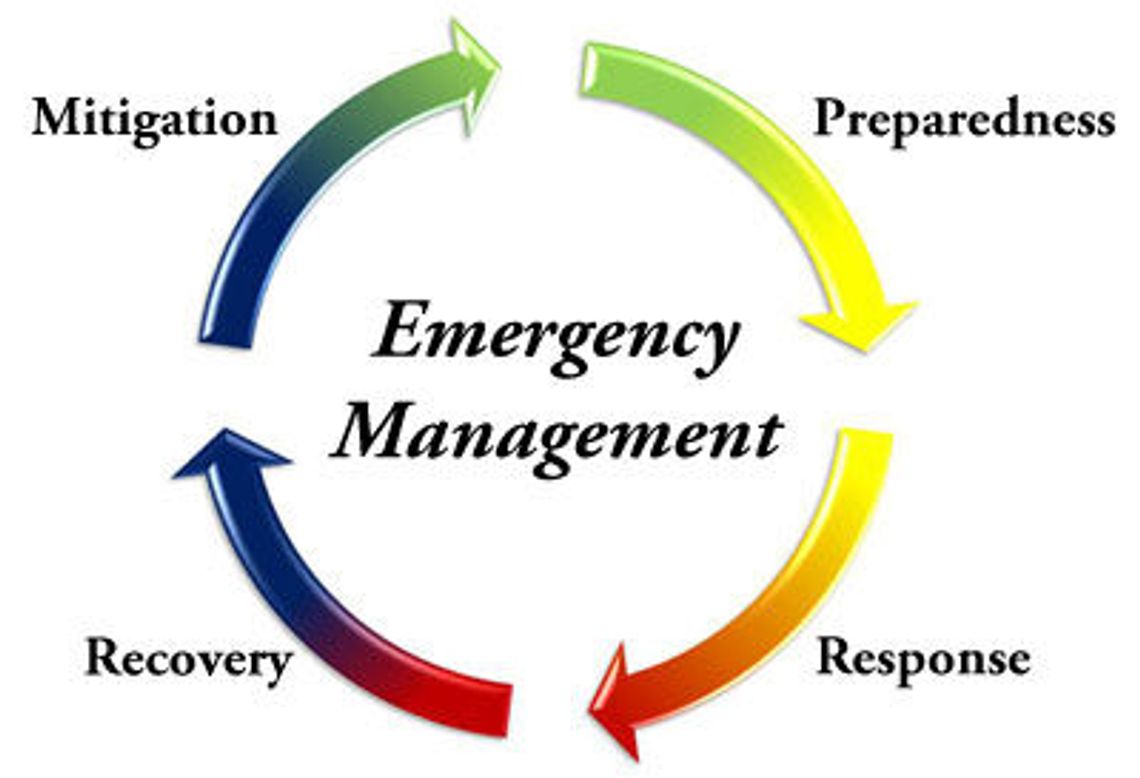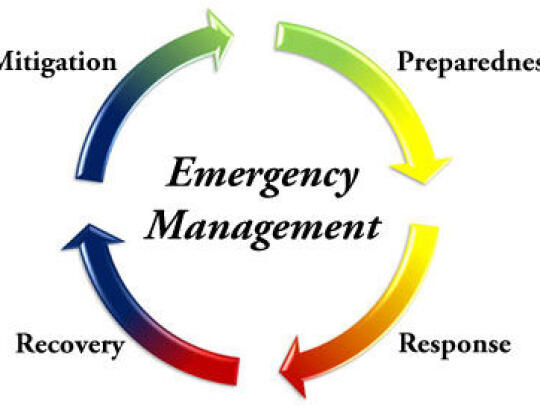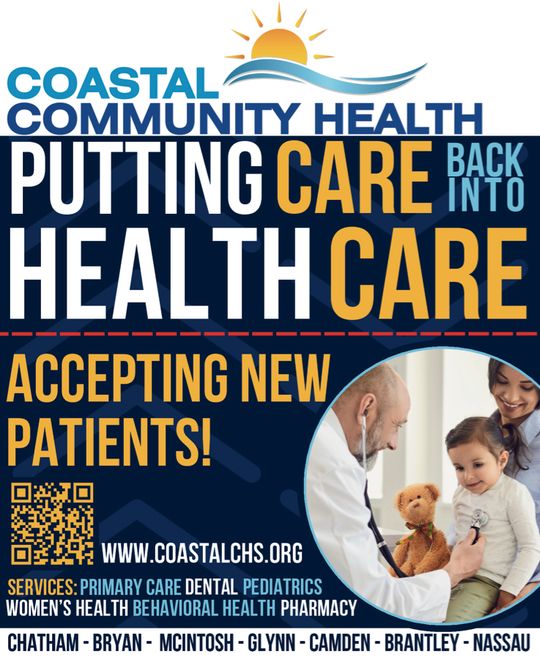September is National Preparedness Month
Special to The Beacon
The Georgia Emergency Management and Homeland Security Agency and Brantley County Emergency Management Agency are using September’s National Preparedness Month to encourage residents to prepare for disasters.
The month-long initiative increases awareness and inspires citizens of Georgia to be prepared for any natural or man-made disaster.
Brantley County will join thousands of private, public and non-profit organizations that are designed to motivate people to take the necessary steps to ensure their homes, workplaces and communities are prepared for disasters and emergencies of all kinds.
“National Preparedness Month is a great chance for people to prepare and evaluate their emergency plan, and if they don’t have one, to make one,” said Michelle Lee, Brantley County Emergency Management Director.
Citizens and their loved ones can prepare by dedicating a little time each week this month by focusing on the tips below:
• Week 1
September 1-10
Make a Plan
Your family may not be together when disaster strikes. Make a plan today with your family, friends, or household. Know how you’ll contact one another and reconnect if separated.
Establish a family meeting place that’s familiar and easy to find. Address the unique needs of pets, older loved ones and family members with special needs in your plan.
• Week 2
September 11-17
Build a Kit
Make your own Ready kit. Most of the items are inexpensive and easy to find, and any one of them could save your life.
Recommended Items
• Water: One gallon per person per day, for at least three days, for drinking and hygiene
• Food: At least a three-day supply of non-perishable food
• Can opener: For food, if kit contains canned food
• Radio: Battery-powered or hand crank radio and a NOAA Weather Radio with tone alert, and extra batteries for both
• Emergency charger for mobile devices
• Flashlight and extra batteries
• First aid kit
• Whistle: To signal for help
• Face mask: To help filter contaminated air and plastic sheeting and duct tape to shelter in place
• Disinfectant wipes
• Hand sanitizer
• Moist towelettes, garbage bags and plastic ties.
• Wrench or pliers to turn off utilities
• Local maps
Additional Items
• Prescription medications and glasses
• Infant formula and diapers
• Pet food, extra water, pet supplies, toys and vaccination forms
• Important family documents such as copies of insurance policies, identification and bank account records in a waterproof, portable container
• Cash or traveler’s checks and change
• Emergency reference material such as a first aid book
• Sleeping bag or warm blanket for each person. Consider adding bedding in cold weather.
• Complete change of clothing. Include a long sleeved shirt, long pants and sturdy shoes. Consider adding clothing in cold weather.
• Household chlorine bleach and medicine dropper
• Fire extinguisher
• Matches in a waterproof container
• Feminine supplies and personal hygiene items
• Mess kits, paper cups, plates, plastic utensils and paper towels
• Paper and pencil
• Books, games, puzzles or other activities for children
• Week 3
September 18-24
Low-Cost,
No-Cost Preparedness
• Know what kind of disasters and emergencies are most common for where you live.
• Create your emergency communications plan. Use our free template to conveniently record important contact and medical information about your family, which you then can share with others and store copies both digitally and on paper.
• Make sure you store important phone numbers somewhere besides just your cell phone.
• Sign up for emergency alerts in your area to receive life-saving information from your state and local municipality.
• Download the FEMA App (available in English and Spanish) to receive weather alerts, safety tips and reminders and be ready for the unexpected.
• Week 4
September 25-30
Teach Youth About Preparedness
• Teach them about natural hazards like earthquakes, hurricanes, tornadoes, severe thunderstorms, ice storms, and blizzards --and what to do when they occur.
• Make a family emergency plan, and preparing an emergency kit together.
• Teach your kids what to do in case of a fire.
• Make sure your kids know what to do at school if an emergency happens.
• Take their fears seriously and tell them that it's okay to be scared.
• Explain the events as best you can and acknowledge what's frightening about what happened.
• Tell your kids what you think and feel. Doing so helps them feel less alone if they know that their feelings are similar to yours.
• Maintain familiar routines, like mealtimes and regular bedtime hours.
Residents can learn more tips on how to prepare and plan before a natural or man-made disaster by visiting www.gema.georgia.gov/plan-prepare/ready-georgia.
To learn about specific risks in your area, contact us at 912-462-7874.











